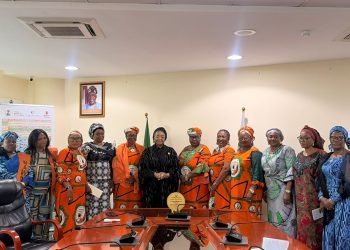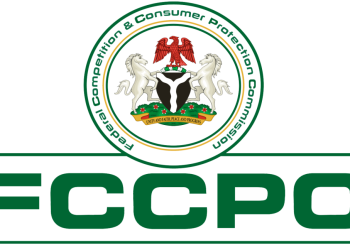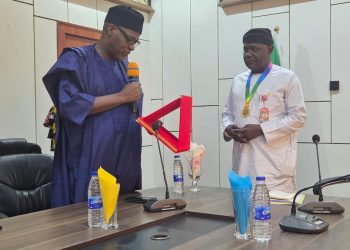By: Mnena Iyorkegh
UN Women has advocated for an enabling environment for women to contribute, have their voices heard in developing and implementing solutions to address the root causes of conflict and promote peace, at all levels.
The UN Women Country Representative to Nigeria and ECOWAS, Beatrice Eyong, made the call at the National Validation workshop of the 3rd National Action Plan (NAP) on Women, Peace and Security in Abuja, Nigeria’s capital.
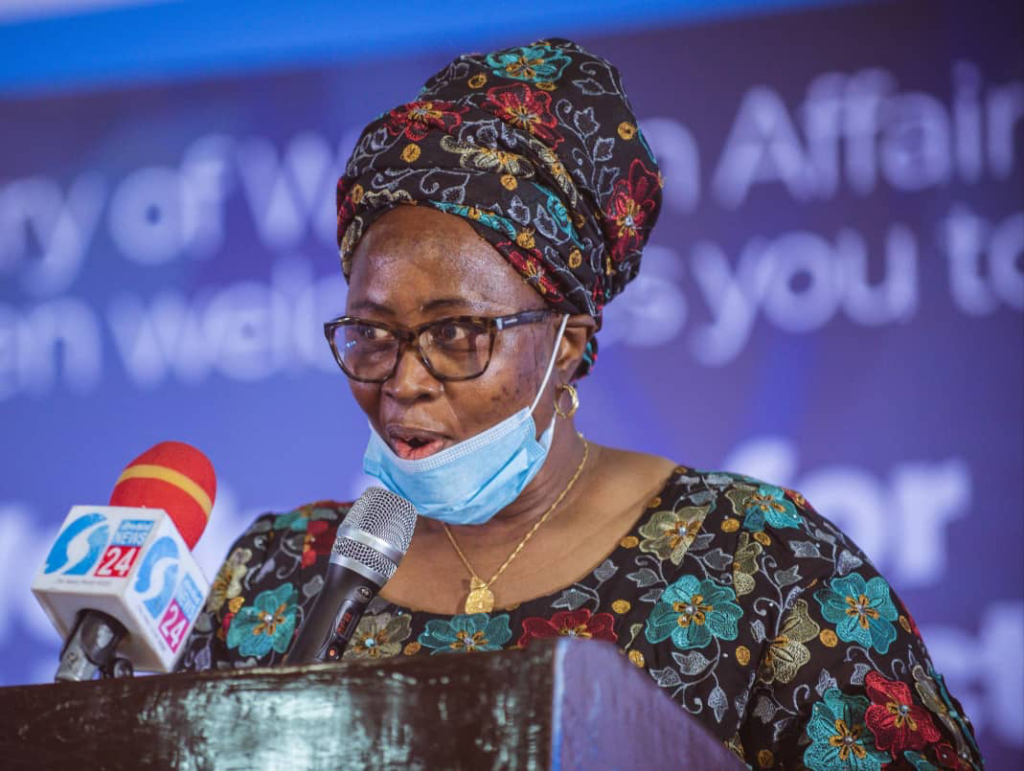
Ms. Eyong, explained that Nigeria’s decision to address contextualized women’s peace and security issues have been made possible with the adoption and implementation of the first and second National Action Plan (NAP) on women, peace and security, adopted in 2013 and 2017, respectively.
“Over the years, these efforts have contributed to remarkable achievements, including domestication of laws and policies that protect women and girls’ rights; increase in Women’s Participation and Representation in Traditional decision making structures; establishment of functional women, peace and security architecture; development of State Action Plans (SAPs) in sixteen states, and local action plans, as well as enhancement of gender responsive security sector through the development Gender Policies and implementation mechanisms for security sector institutions.
Additionally, there are ongoing initiatives aimed at strengthening enabling environment for diverse women and girls to play greater role in peace and security decision making processes towards achieving sustainable and integrated security that promotes ownership and accountability through inclusive governance and innovative financing systems”.
According to UN Women Country Representative, accountability for women, peace and security, and sustainable outcomes can be achieved through deeper legislative oversight, gender responsive financing, and strengthened coordination and partnerships.
Noting that, there are emerging threats to women’s peace and security, including insurgency and endemic poverty that need to be addressed.
“It is important to note that the 3rd NAP aligns with national development priorities of Nigeria. As critical stakeholders who have been part of the process of developing this policy document, your invaluable support for its implementation, monitoring and reporting, at all levels is crucial to help the Government of Nigeria meet its commitment to the provisions of UNSCR 1325 and the achievement of the UN Sustainable Development Partnership Framework goals and objectives in Nigeria. Based on lesson learnt from the implementation of the 1 & 2nd NAP on Women, Peace and Security, the buy-in of government, security agencies and legislature at all levels is key to facilitating multisectoral ownership, coordination and collaboration in effort to advancing the WPS agenda in Nigeria”.
She highlighted the efforts of UN Women in various areas, including women’s empowerment and in advocating for the inclusion of gender considerations in national budgets through collaboration with various stakeholders.
“UN Women’s interventions, focus on coordination, women’s peace and security, humanitarian action, women’s economic empowerment, women’s inclusion in governance, and ending violence against women and girls in Nigeria”. She added
Also speaking, Nigeria’s Minister of Women Affairs, Uju Kennedy, stressed on the vital role of women’s empowerment in all national programs, noting that the lack of empowerment directly impacts the well-being of children and the broader Nigerian society.
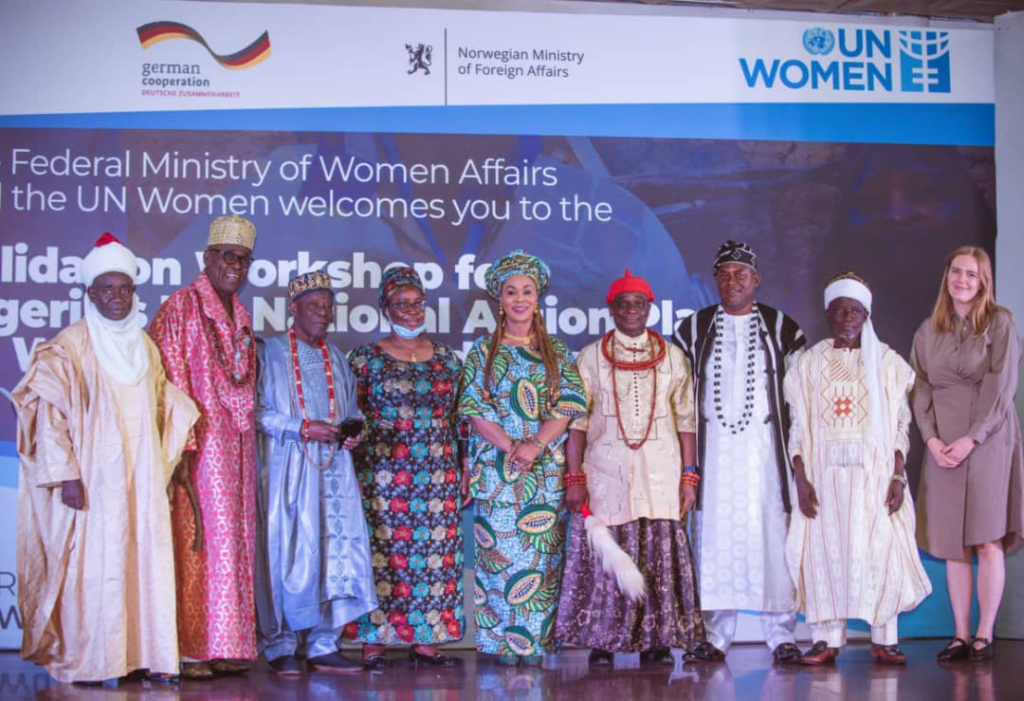
The Validation workshop organised by UN Women, Nigeria’s Ministry of Women Affairs supported by the Norwegian Government is aimed at finalizing the 3rd generation National Action Plan (2024-2029) for the implementation of UNSCR 1325.
It is also set to ensure that the policy document is not only accurate but also widely accepted and owned by diverse actors across various sectors in Nigeria.


